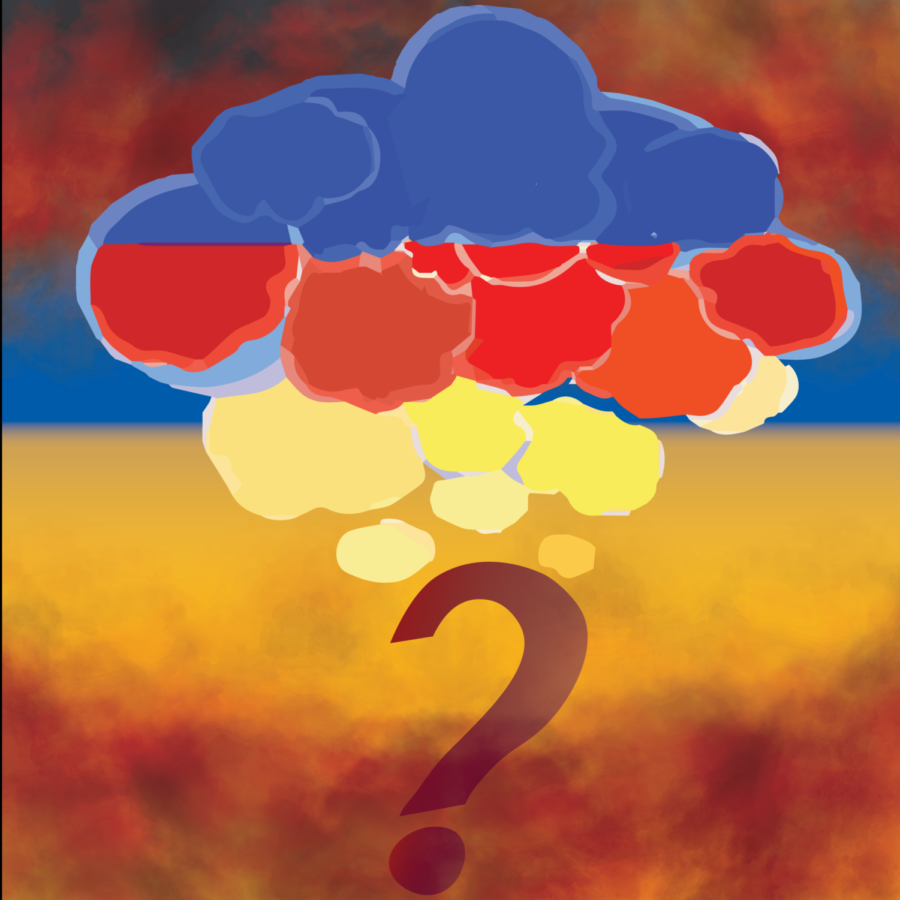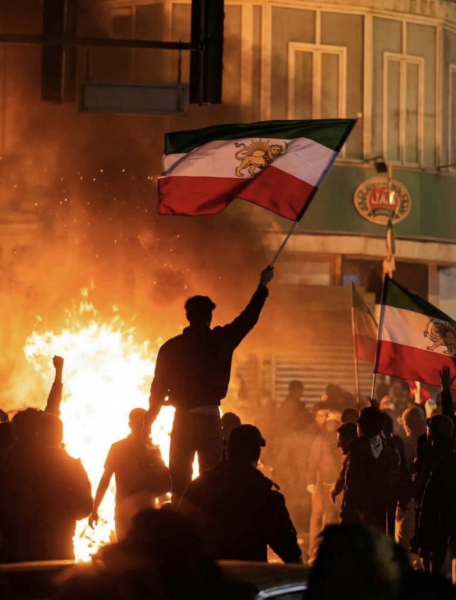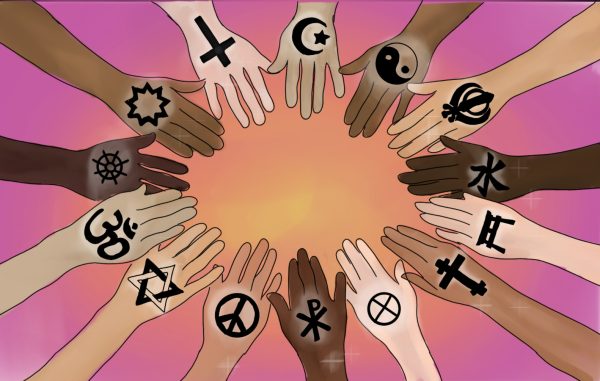World War III? The Russia-Ukraine War has gone Nuclear
March 8, 2023
The Russia-Ukraine War. It’s been a primary news topic since just over a year ago and for people in Australia, it’s been a distant example of what could potentially happen in the coming years.
We’ve already seen many of the effects that a war between Russia and Ukraine had on us, including rising fuel prices and dicey political opinions.
Recently, Russia announced yet another shocking move. Putin is rescinding and suspending Russia’s nuclear treaty with the US, put their missiles on active duty. In his public address, Putin announced the new strategic systems that have been put on combat duty and warned that Moscow could resume nuclear tests.
Currently, numbers are limited by the new START treaty, which was agreed upon in 2010, and was set to expire in 2026.
Putin told his country’s political and military elite, “I am forced to announce today that Russia is suspending its participation in the Strategic Arms Reduction Treaty,” during his annual state of the nation address. But what does this actually mean?
Well, the new START treaty involved both Russia and The United States of America and is a nuclear arms reduction treaty with the formal name “Measures for the Further Reduction and Limitation of Strategic Offensive arms.” It replaced the treaty of Moscow, which was signed to “liquidate the Cold War legacy of nuclear hostility,” and be “the last treaty of the last century.”
Russia suspended its participation in New START but clarified that they would stay within the numerical terms of the treaty. Putin defended his decision by saying that Washington wants to “Inflict strategic defeat on us and claim our nuclear facilities.”
What does this mean for us?
Russia and America are the biggest holders of nuclear weapons, and the new START pact should have served as a safeguard for all of humanity, as opposed to a tool in a geopolitical standoff. According to Nicholas Miller, a non-proliferation expert and professor of Government at Dartmouth University, “to impose costs or risks on the United States and the West, basically, saying: ‘We know you value this arms control treaty, but if you continue supporting Ukraine the way you are, you can say goodbye to that treaty’ — or he’s at least kind of hinting at the possibility that that could happen down the road.”
Many experts also say that Russia is not the only power who is attempting to chip away at the control regime. The Trump administration withdrew from certain agreements such as the “Intermediate Range Nuclear Forces treaty” (INF) and the Open skies Treaty, which allowed for unarmed reconnaissance flights. As a result of this, experts are worried that Russia is attempting to force America’s hand in abolishing the treaty so that they may use nuclear weapons in the war against Ukraine.
By explicitly linking their backing from the treaty to the US and the West’s support of Ukraine, many countries, including Australia, are forced to consider the risks of supporting Ukraine and the costs of avoiding a nuclear war.
One of the biggest fears that the world has when considering the possibility of nuclear war is another Cold war and a crisis similar to the Cuban missile crisis. Essentially, geopolitical tensions between Russia and the US regarding ideologies spilt into a nuclear crisis where US reconnaissance flights revealed soviet secret missile bases in Cuba. This led to America retaliating and eventually the two countries agreed to minimise the number of nuclear weapons that they had.
The problem is that today, many countries are equipped with nuclear weapons. Countries such as India, South Korea and China all have access to artillery.
Currently, there are many fears that this availability of nuclear weapons will lead to another arms-race where many countries will equip themselves with (expensive) weapons that don’t bode well for political relations. Even in Australia, as isolated as we are, the threat persists (as proved by WW2).
Now all eyes are on China, as their top diplomat Wang Yi, travels to Moscow and to Ukraine to consider their role in the war. As a powerful figure in global politics, China’s involvement may as well decide the fate of the war, and ultimately the world.














